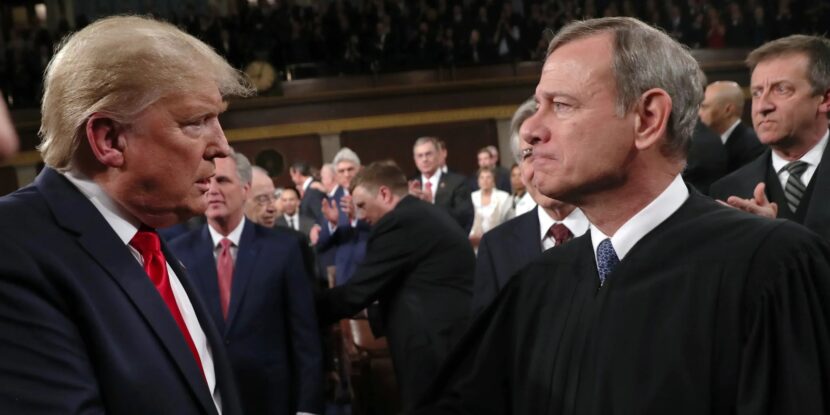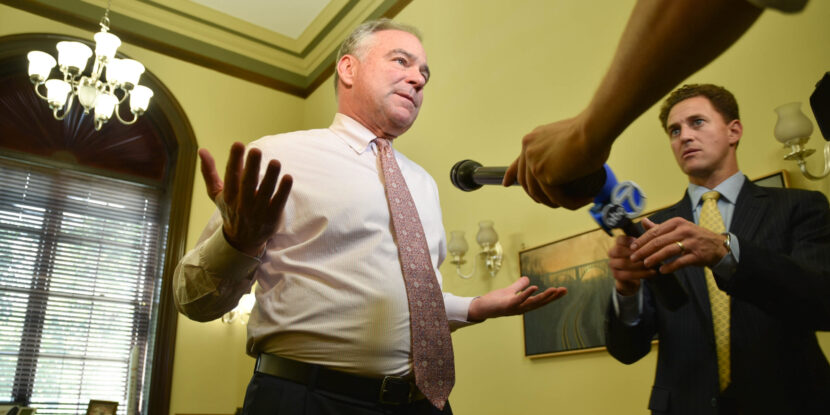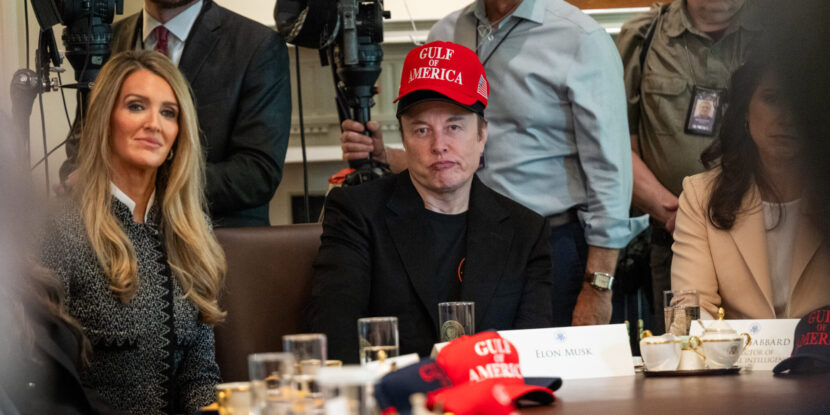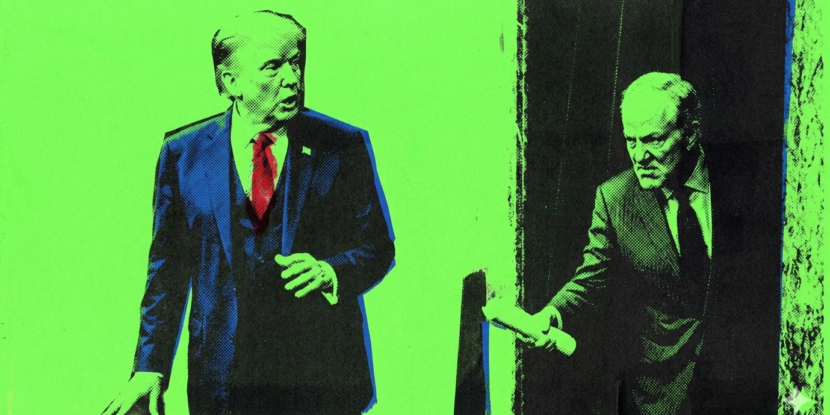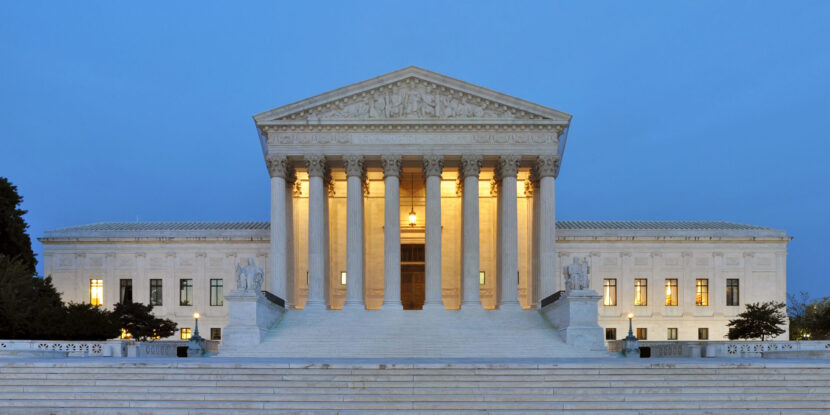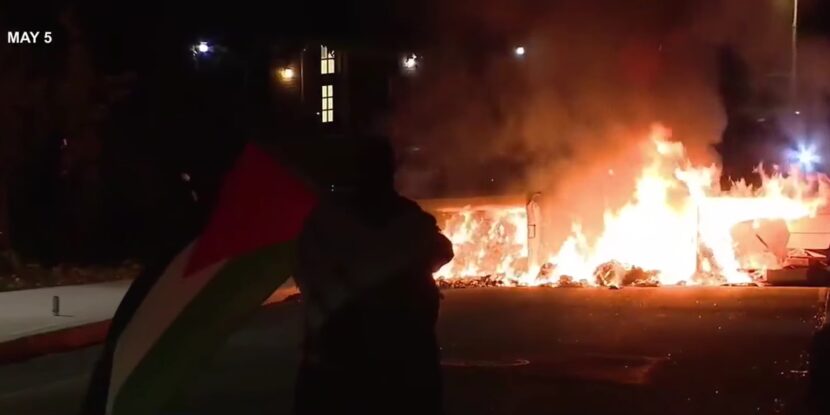The current Colorado case attempting to ban former President Donald J. Trump from the ballot is likely to fall flat on its face at the Supreme Court level. Mostly because the Supreme Court has already ruled on the definition of the most critical part of the case: who is an “officer” of the United States, as specified by Section 3 of the 14th Amendment?
The Soros-backed ‘Citizens for Responsibility and Ethics in Washington’ (CREW) wants to include Trump amongst former members of the Confederate States of America, who were prohibited from attaining government positions as political appointees or Members of Congress after the Civil War.
CREW’s lawyers argue Trump violated his oath to uphold the Constitution by engaging in insurrections against the United States on January 6th, 2021. Suspending the belief that January 6th does not rise to the level of “insurrection” – Section 3 of Article 14 states:
“No person shall be a Senator or Representative in Congress, or elector of President and Vice-President… having previously taken an oath, as a member of Congress, or as an officer of the United States, or as a member of any State legislature, or as an executive or judicial officer of any State, to support the Constitution of the United States, shall have engaged in insurrection or rebellion against the same…”.
The Supreme Court, the highest constitutional authority in the United States, has already clearly ruled on this. In the decision of Free Enterprise Fund v. Public Company Accounting Oversight Board (2010), Chief Justice John Roberts wrote in his majority opinion:
“The people do not vote for the ‘Officers of the United States.’ Art. II, §2, cl. 2. They instead look to the President to guide the ‘assistants or deputies … subject to his superintendence.'”
– Chief Justice John Roberts, 2010.
This line is in clear agreement with an argument raised by former U.S. Attorney General Michael Mukasey, namely that the President of the United States is not considered to be an ‘Officer of the United States’ under the 14th Amendment, thus the Section 3 prohibitions do not apply.
Federalist Society co-founder Steven Calabresi, a one-time proponent of the argument that January 6th bars Trump from the presidential ballot, even reversed course and now says that Trump is in fact not constitutionally barred from becoming President.
The partisan Democrat judge overseeing the Colorado case has already denied five separate motions by Donald Trump’s legal team to dismiss the case. Should the court find in favor of CREW and bar Trump from the Colorado election ballot, the legal appeal is expected to quickly reach the United States Supreme Court, where Chief Justice John Roberts’s own acknowledgement that “The people do not vote for the ‘Officers of the United States'” is almost certain to play a significant role in any final decision.
